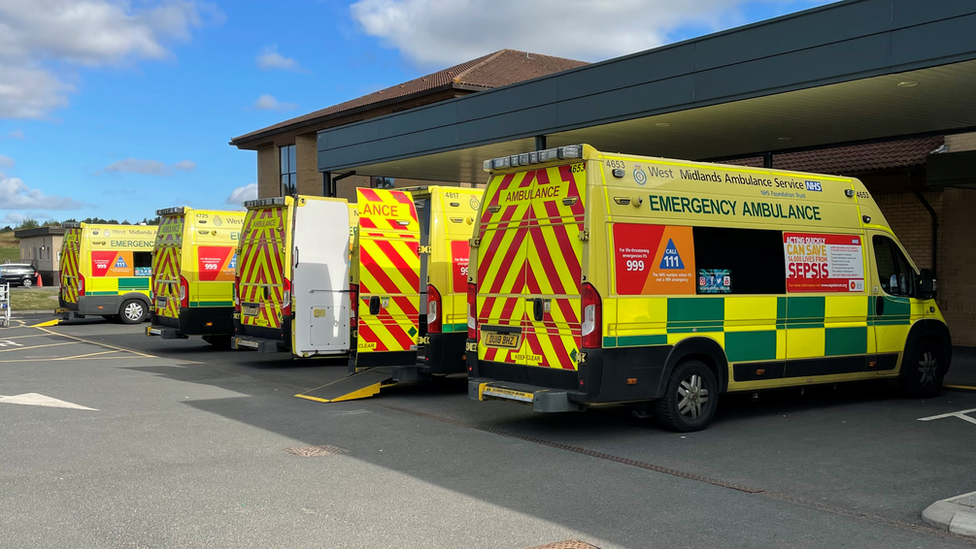Worst crisis in 42 years - NHS boss
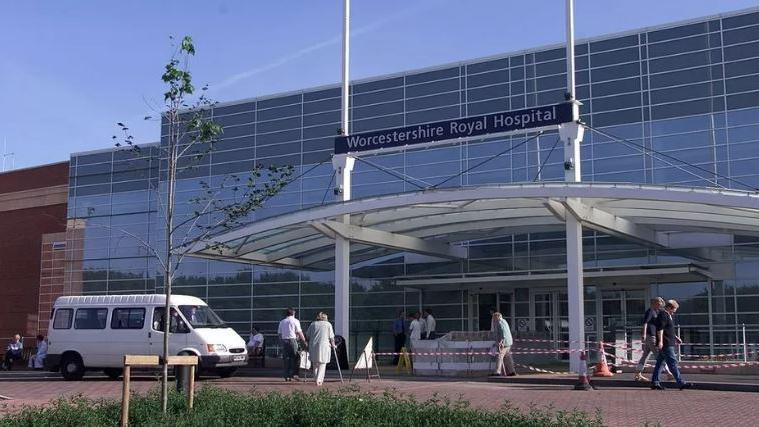
NHS trust bosses said they had never seen the hospitals as busy as they are now
At a glance
Cases of flu and Covid-19 are contributing to "extreme pressure" on emergency services in Herefordshire and Worcestershire
About 100 patients no longer in need of acute care are waiting to be discharged in Worcestershire
Workforce problems started before the Covid-19 pandemic, says hospital boss
- Published
Leaders of NHS trusts in Herefordshire and Worcestershire have said they are experiencing the worst healthcare crisis in decades.
Worcestershire Royal declared a critical incident on 20 December, while Wye Valley NHS Trust appealed for staff to work overtime to help meet demand.
A rise in flu and Covid-19 cases are reported to have contributed to the extreme pressure on local services.
"I've been in the NHS for 42 years and I have never seen a crisis as bad we are seeing at the moment," said Jane Ives, the managing director at Wye Valley NHS Trust.
The Royal College of Emergency Medicine says it believes this will have been the worst winter for hospital bed occupancy and emergency care delays.
However, the root of the problem lies in supporting those who no longer need acute care.
"We have a blocked system which means that the hospital in incredibly busy, we have extra patients on every ward," Ms Ives told BBC Hereford and Worcester.
While the number of people coming into hospital remains the same as last year, the NHS boss says teams have increased the number of beds due to being unable to discharge patients in a timely way.
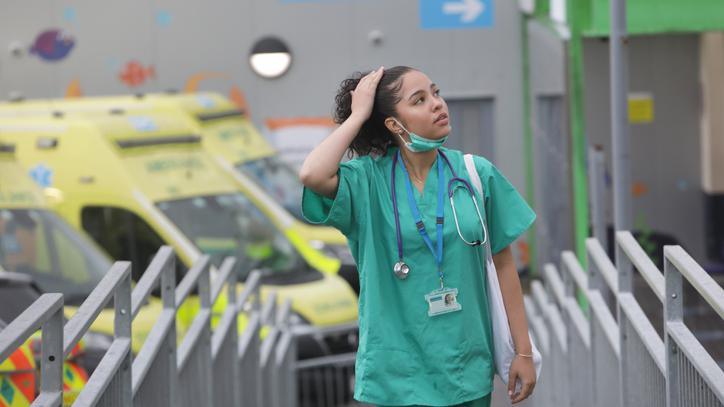
NHS expert, Dr Malcolm Stewart has said more needs to be done to train and recruit staff to ease pressures
Dr Christine Blanshard, the chief medical officer at Worcestershire Acute Hospitals NHS Trust, outlined a similar situation.
"At any one time we have 100 patients in hospital who no longer need acute hospital care, it does add to the pressures at the front door," she said.
"We are caring for patients in corridors because of the lack of capacity in the emergency department, it is a real challenge in getting patients discharged."
A shortage in the number of staff has also reportedly added to the strain on services.
On New Year's Eve, the Wye Valley trust messaged staff on annual leave asking any of them who could work to contact the County Hospital "ASAP", external.
"The genesis of the problem is around not having a good workforce plan for the NHS and social care over a number of years," Ms Ives said.
"That means we came into Covid-19 under real pressure.
"A lack of staff is really a fundamental problem for us."
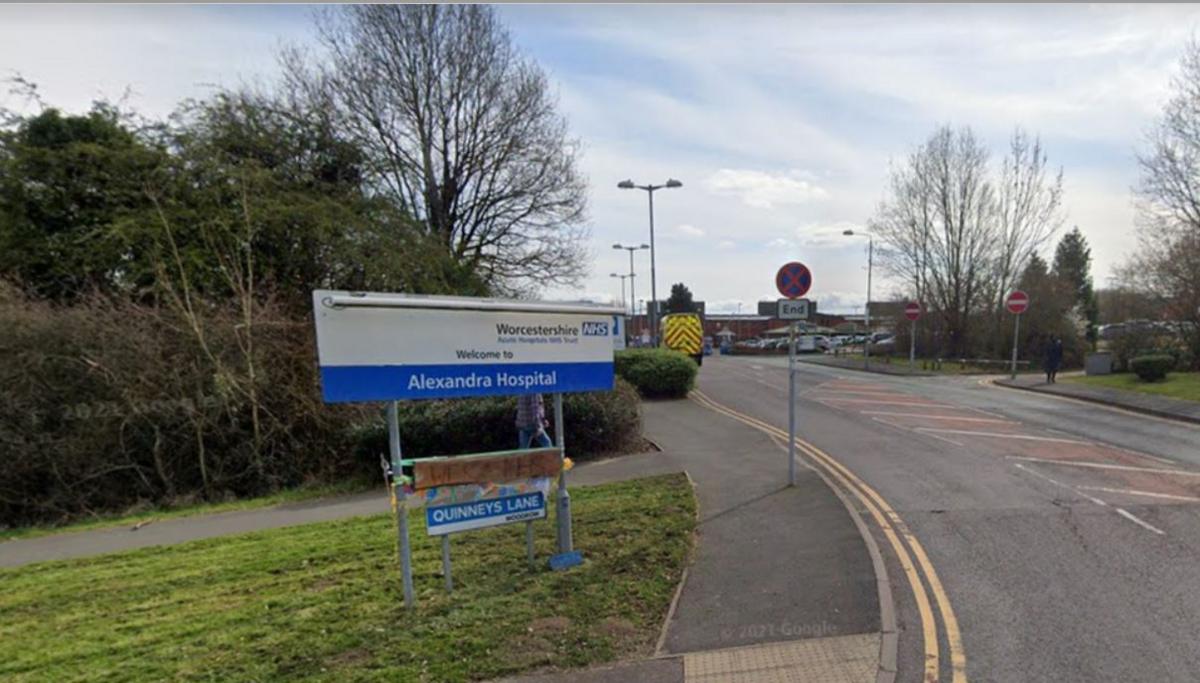
Patients across the two counties are experiencing long waits to be seen in accident and emergency departments
Retired NHS medical advisor Dr Malcolm Stewart, has said the most critical workforce shortage is in social care.
It helps hospitals to be more functional by offering care packages to patients that are physically fit for discharge but need carers to enable them to be safe at home.
He said: "Throwing money at the problem is not the ideal solution, it is a short-term fix."
Downing Street said the government had been "up front" with the public about the pressure the NHS would face.
The prime minister's official spokesman said the service was facing an "unprecedented challenge" but insisted the government was doing "everything possible" to ease pressure.
Follow BBC West Midlands on Facebook, external, Twitter, external and Instagram, external. Send your story ideas to: newsonline.westmidlands@bbc.co.uk, external
Related topics
Related Internet Links
- Published31 December 2022
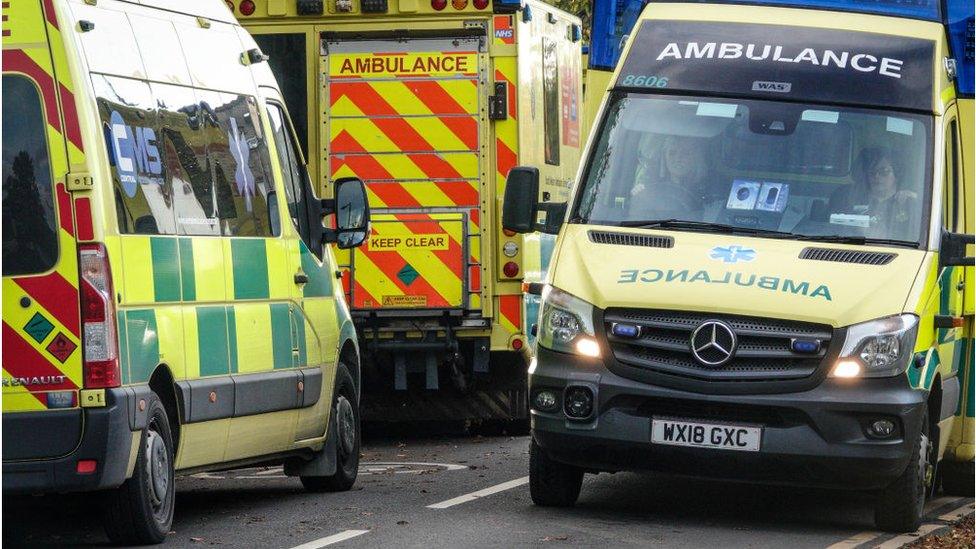
- Published4 January 2023
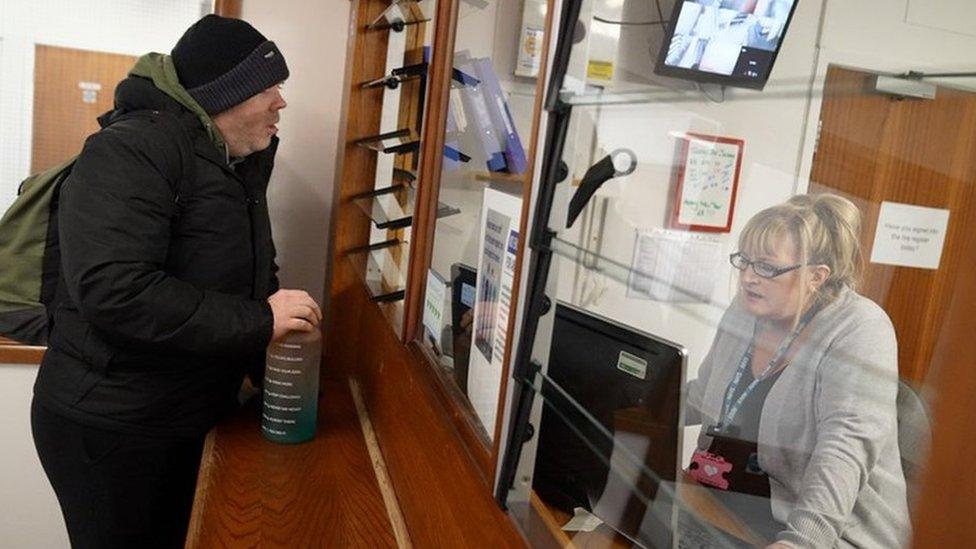
- Published2 January 2023
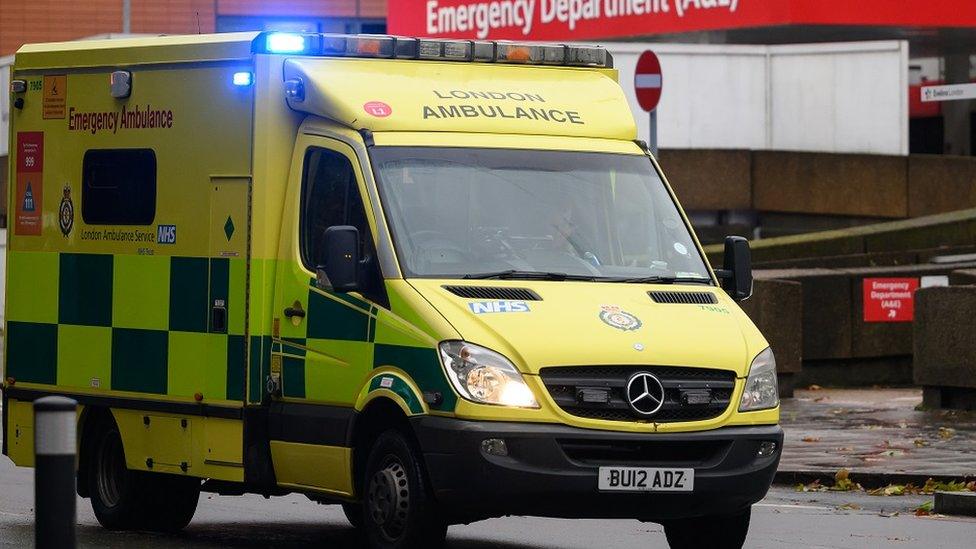
- Published3 January 2023
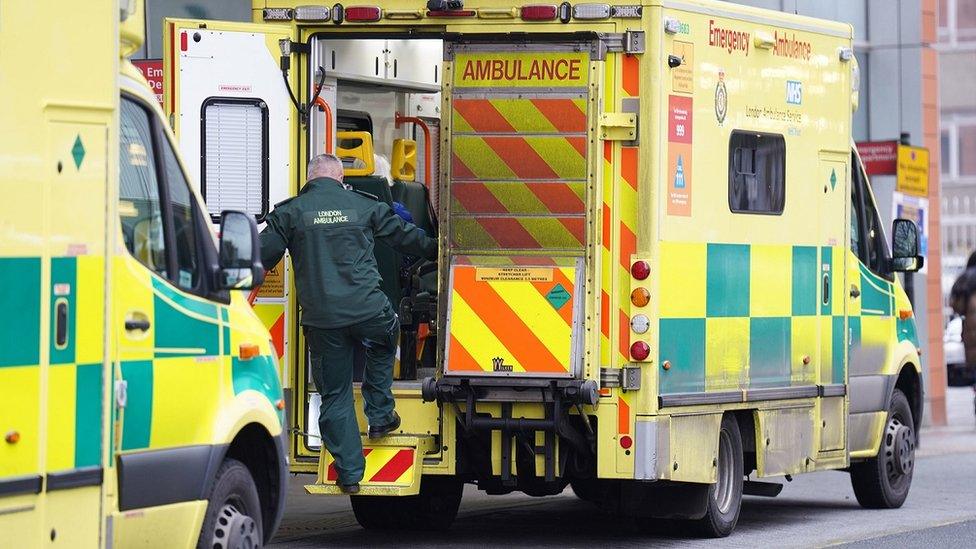
- Published7 December 2022
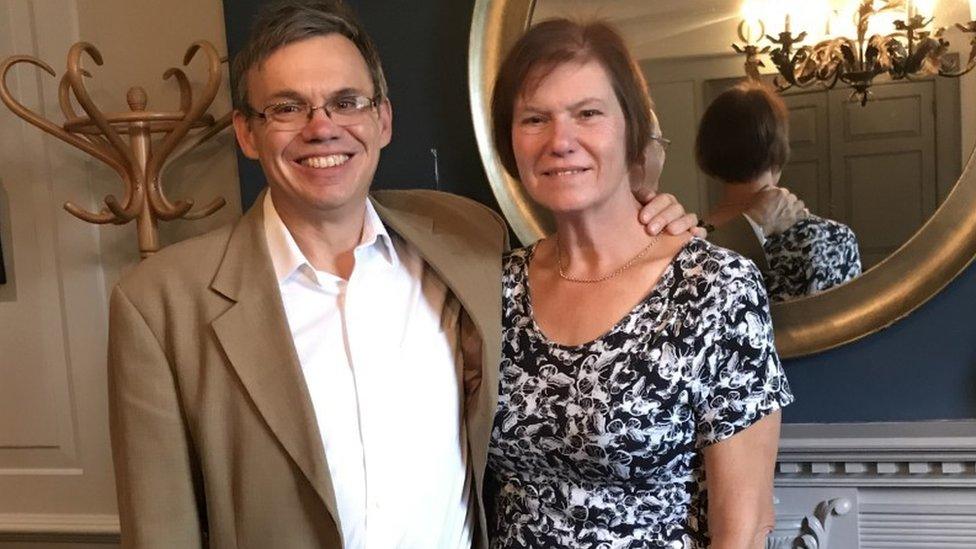
- Published30 December 2022
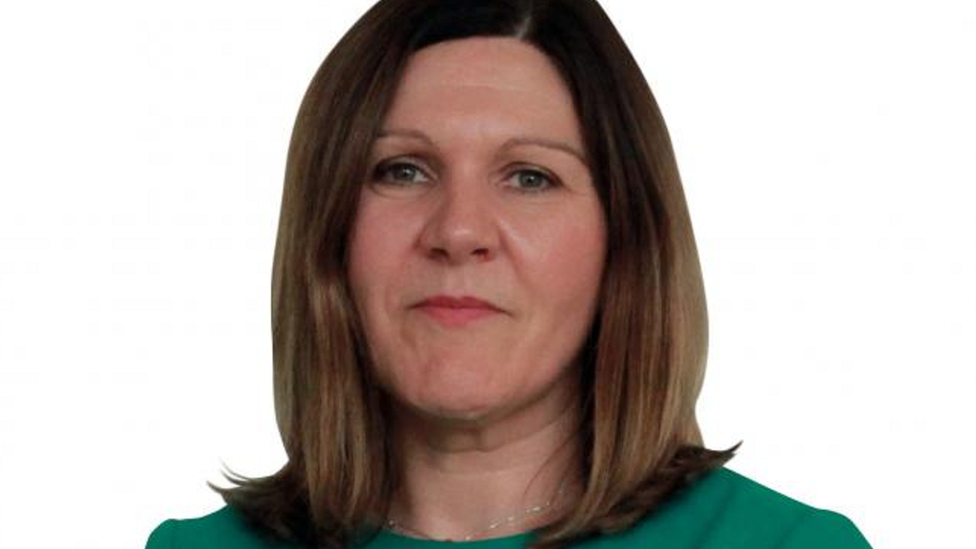
- Published20 December 2022
